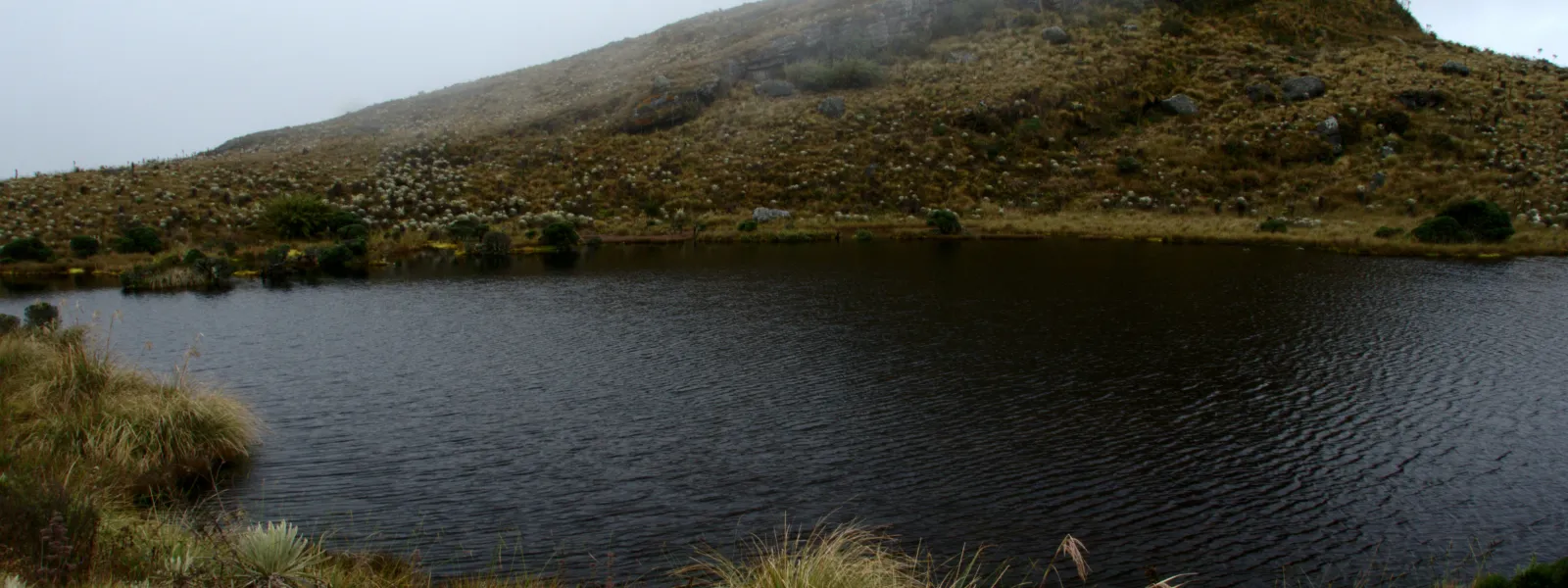
What motivates us to preserve our freshwater sources?
Photo: Luis Alejandro Bernal Romer (CC BY-SA 2.0).The professionals of AIDA’s freshwater program defend one of Earth’s most precious resources—water.
The earth provides us with water in many ways, and the ways those water sources are threatened are just as widespread—but chief among them are extractive activities like mining and fracking.
At AIDA, we understand the risks and we won’t let our guard down.
Learn more about what motivates us to care for our greatest life source!
“WITHOUT WATER, THERE IS NO FUTURE.”
Carlos Lozano Acosta, Senior Attorney
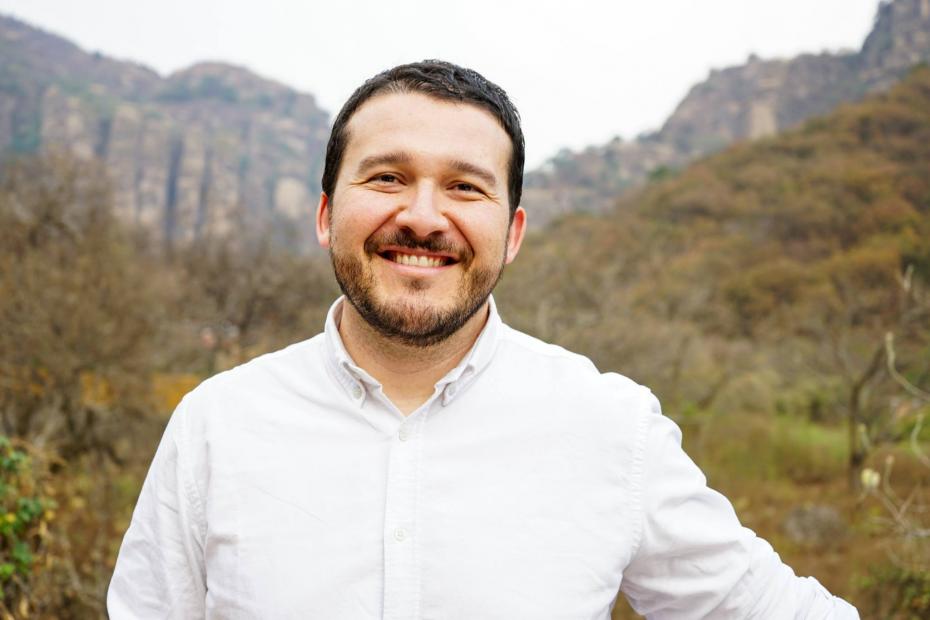
“Water is a life force not just in nature, but in our societies as well. It is a distinct characteristic of our experience on the planet. Cultures, economies and ecosystems depend on water and, for that reason, there is no future for us on this planet without it.”
As a child, Carlos and his family used go for hikes near his father’s farm, on the outskirts of a páramo—a unique high altitude wetland that captures moisture from the fog and sends water to lower elevations via streams. Since those early days, Carlos has understood that páramos are vital to the water supply in his native Colombia.
“I GREW UP WITH THE IDEA THAT CLEAN WATER IS A RIGHT, NOT A PRIVILEGE.”
Claudia Velarde, Legal Advisor
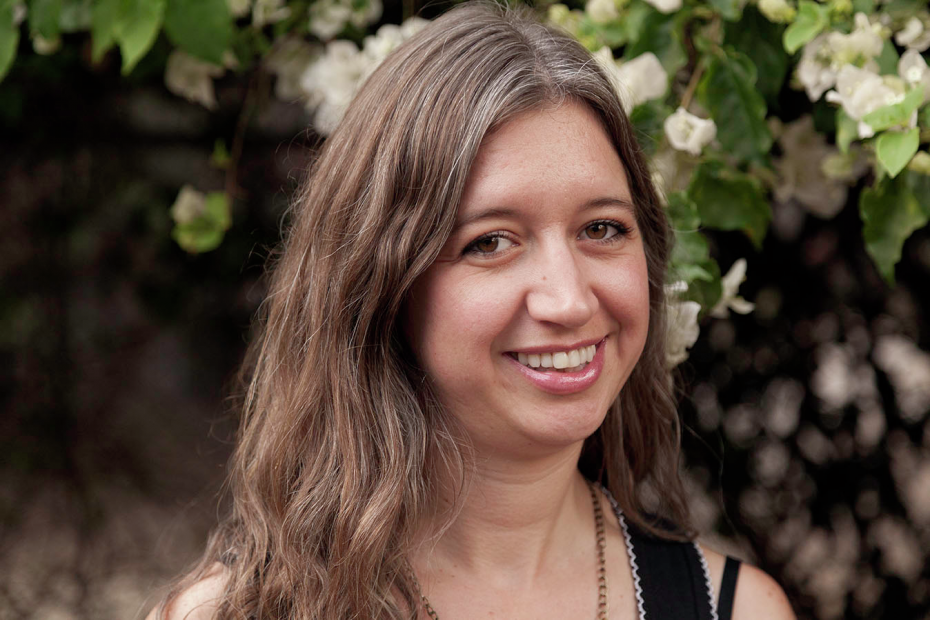
“What motivates me to care for our water sources is life itself. Clean water is an indispensable resource, a common good and a basic human right; the reproduction of our life systems is not possible without it. I grew up with the idea that clean water is a right, not a privilege.”
Claudia was born in Cochabamba, Bolivia, a city whose name in the indigenous Quechua language means “the plain of lakes.” Despite its name, the city has suffered from decades of drought and water scarcity. Cochabamba is infamous for the Water War of 2000, during which residents flooded the streets to defend their water from privatization. Claudia grew up in that context and, like many women from Cochabamba, she has a strong connection to water and its inherent value.
“MY STRONGEST MOTIVATION IS AN AWARENESS THAT THE HEALTH OF EARTH’S ECOSYSTEMS DEPENDS ON FUNCTIONING WATER FLOWS.”
Andres Angel, Scientific Advisor
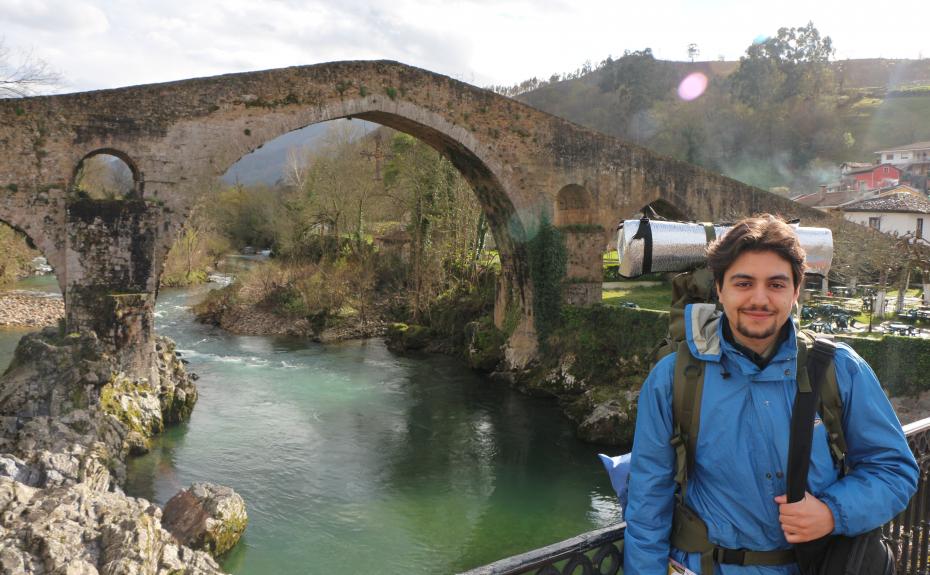
“My strongest motivation is an awareness that the health of Earth’s ecosystems depends in large part on functioning surface and subterranean water flows. Understanding that our economic activities have the potential to irreversibly disrupt those flows is to realize the urgent need to protect the sources and quality of water throughout the Americas.”
It wasn’t easy for Andres to study geology, a career that often promotes extractivism. His principal motivation was to understand the conflicts and socio-ecological dangers caused by mining and fossil fuel exploitation in his country, Colombia. Understanding those impacts to be perpetual, Andres decided to devote his professional life to questioning the development model and providing alternatives.
“TO PROTECT WATER IS TO DEFEND THE SOURCE AND MEANING OF LIFE.”
Juana Hofman, Legal Coordinator for the Network for Environmental Justice in Colombia
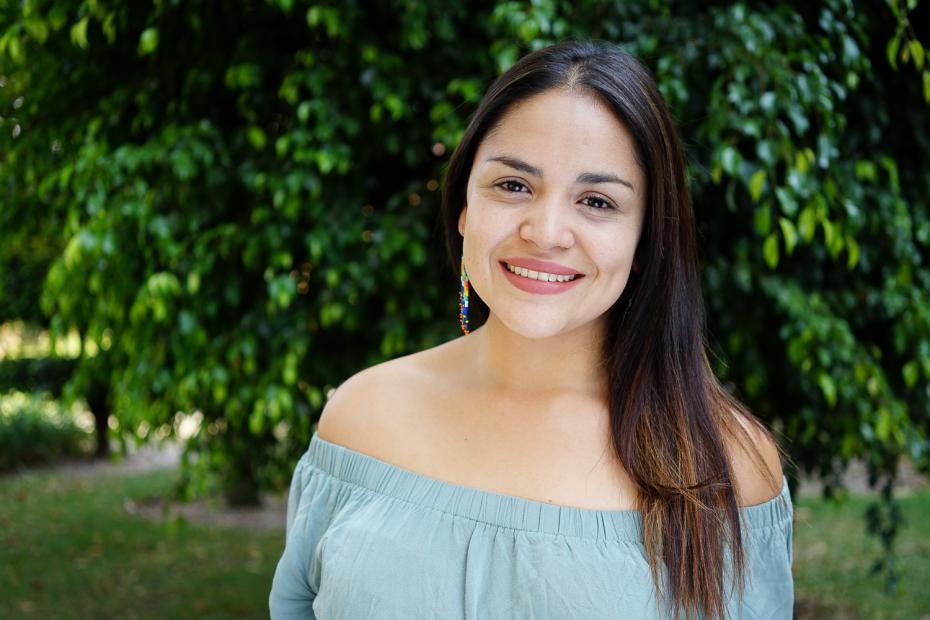
“Life is what motivates me. To protect freshwater ecosystems and the people that depend on them is to defend the source and meaning of life. I’m motivated by a deep respect for ecosystems, because I feel a part of them, and they need protection. I’m motivated by the frailejones, ancient plants that serve as water factories, and by the mountains, vast landscapes that have sheltered me since my birth. It is their strength and beauty that allow us to truly live.”
Juana was born in a small town in the mountains of Colombia. When she was a child, her father taught her of the greatness of the oak trees, which for Juana came to signify strength and wisdom. Ever since, her life has been deeply linked to the mountains, rivers, and páramos of Colombia.
Victor Quintanilla Sangüeza

Victor Quintanilla Sangüeza is AIDA's Content Coordinator, working from Mexico City. He is a Bolivian freelance communications specialist and journalist. He earned a Bachelor of Science in Social Communication from the Universidad Mayor de San Andrés in La Paz, Bolivia. Victor also holds a master's degree and a PhD in communication from the Universidad Iberoamericana Ciudad de México. He has worked in print and television media, as well as in corporate communication in the public and private sectors. Victor is also a researcher in the field of journalism and technology studies.
